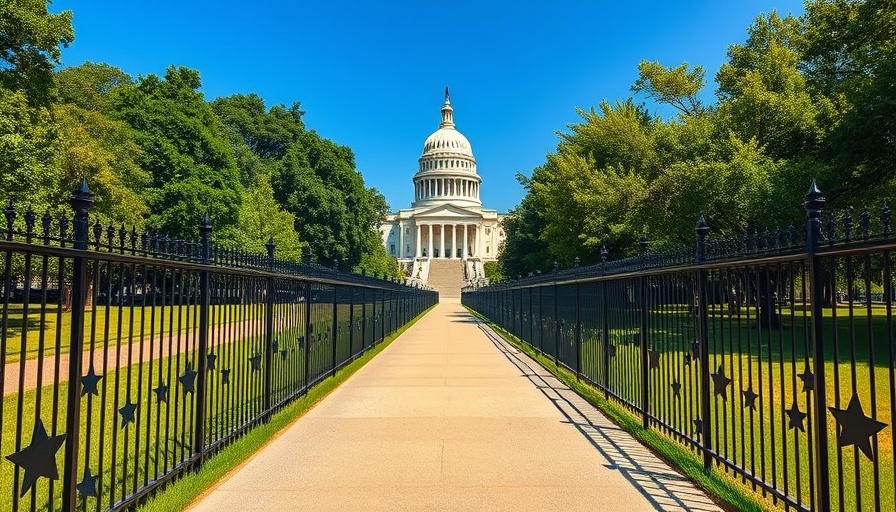
Funding Debate: The Controversial Texas School Voucher Bill
The landscape of education in Texas is set to change dramatically with the advancement of a proposed school voucher bill that has made its way through the Texas House and is now on its way to the Senate. At the heart of this legislation is a plan to allocate $1 billion in taxpayer money towards creating Education Savings Accounts (ESA) which would allow families to use this funding for tuition at private schools.
The Heart of the Argument: Funding Public vs. Private Education
This initiative, spearheaded by Governor Greg Abbott, has sparked a significant debate among lawmakers, particularly between Republicans who largely support the bill and Democrats who argue that such funding should remain within the public education system. Critics of the bill are raising red flags, arguing that diverting public dollars to private schools undermines the education system already in place.
Public school advocates emphasize the potential repercussions of this funding shift, stating that it could exacerbate existing inequalities within the educational landscape. The Texas Legislative Budget Board has previously raised concerns about how the voucher program might inflate costs beyond its initial $1 billion spending cap, potentially leading to budgetary challenges in the future.
Understanding Education Savings Accounts (ESA)
Education Savings Accounts are designed to provide parents with greater flexibility and options in their children’s education. Proponents argue that they offer a means to improve educational outcomes for families dissatisfied with public schools. However, these savings accounts often raise questions regarding accountability, especially when public money is used to fund private educational institutions.
Historical Context: The Ongoing Voucher Discussion
The idea of school vouchers is not a new one; it has been a contentious topic across the United States for decades. In Texas, similar proposals have been proposed in previous legislative sessions, often facing fierce opposition yet reflecting a growing national trend aiming to enhance school choice. Political dynamics have shifted over time, and with higher stakes currently, this bill could shape the future of education policy in Texas for years to come.
Implications for San Antonio
For the residents of San Antonio, the proposed school voucher bill has both immediate and long-term implications. As one of the largest cities in Texas, any changes to educational funding would manifest a ripple effect across the community, affecting local schools and the availability of resources for students and teachers alike. Parents will be weighing the benefits of ESAs as they consider their children's educational pathways.
Future Predictions: What Lies Ahead for Texas Education
As the bill moves to the Senate for consideration, observers are keen to see how legislators will respond to the concerns raised by public school advocates. Will the Senate preserve the $1 billion cap or modify the bill further? As the dialogue continues, educational stakeholders will be watching closely for developments, as this legislation could mark a pivotal moment in Texas’s approach to education funding.
Final Thoughts: The Call to Engage
As this important legislation progresses, it’s essential for community members to stay informed and engaged. Attend local council meetings, participate in discussions about the future of education, and communicate your thoughts to local representatives. The outcome of this bill could have lasting effects on the Texas education system.
 Add Element
Add Element  Add Row
Add Row 



 Add Row
Add Row  Add
Add 


Write A Comment